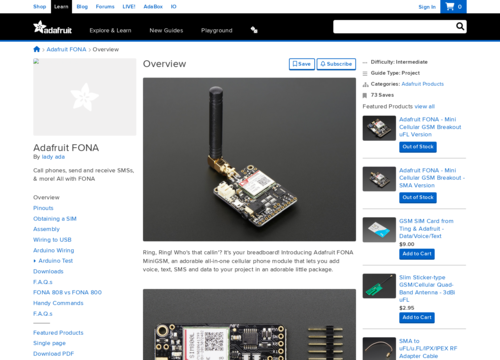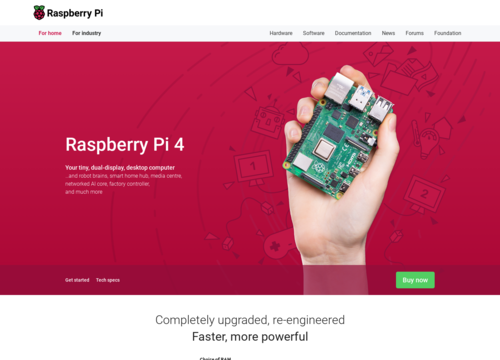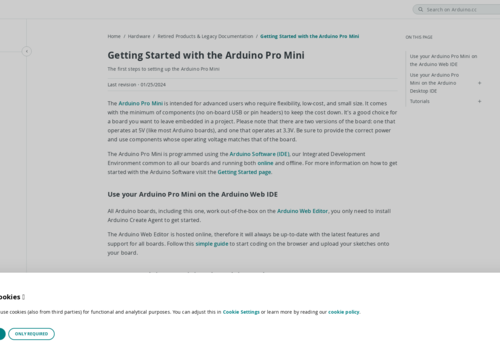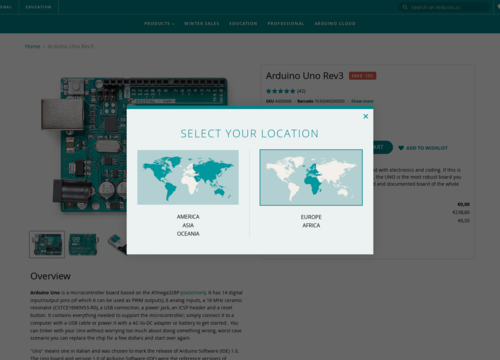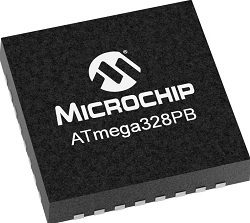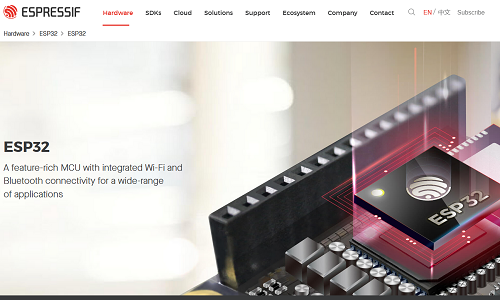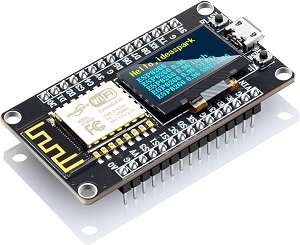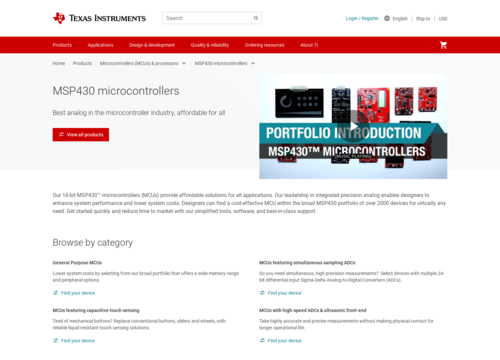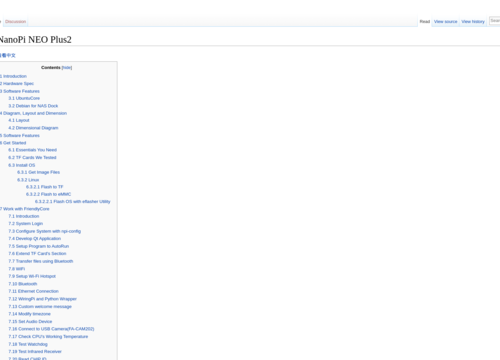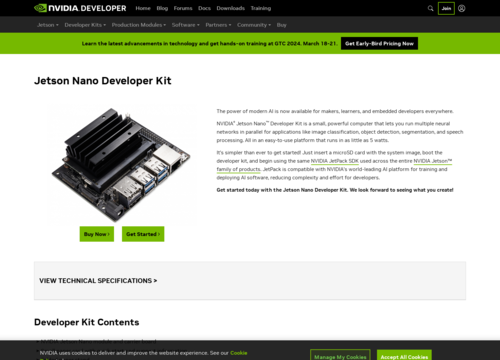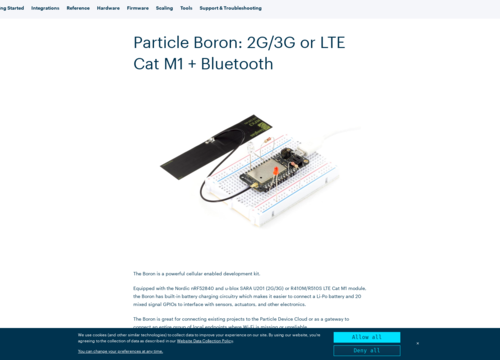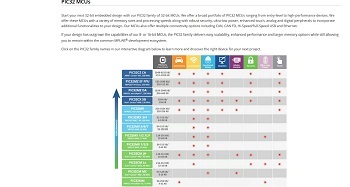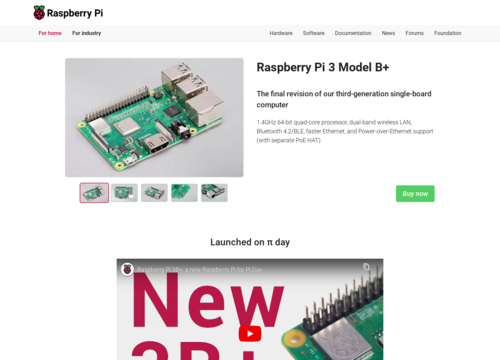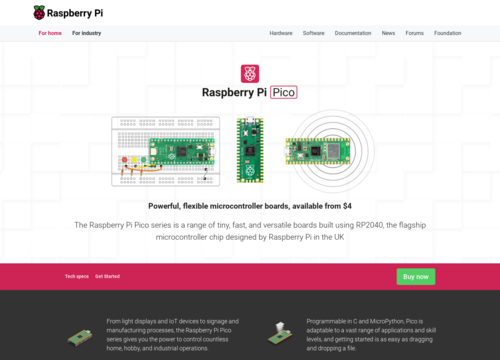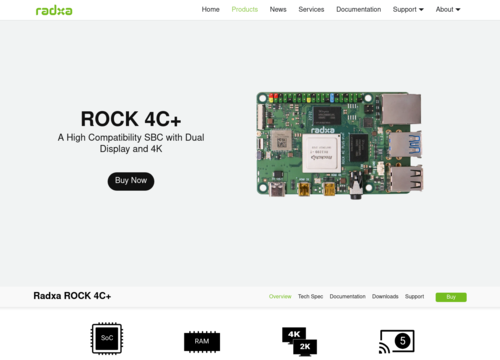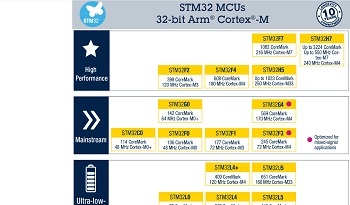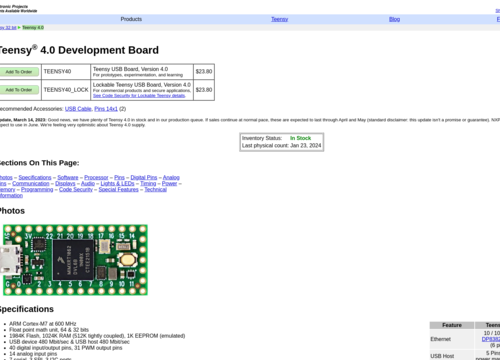ODROID Boards
https://www.hardkernel.com/ODROID Boards
The ODRID boards are a series of single-board computers and tablet computers created by Hardkernel Co., Ltd., a South Korean company. These boards are known for their high performance and affordability, making them popular among hobbyists, educators, and professionals for various applications.
Performance and Specifications
ODROID boards are generally more powerful than many other single-board computers on the market. They often feature ARM processors, which are known for their efficiency and low power consumption. The boards come with different configurations, offering various levels of processing power, memory (RAM), and storage capabilities. Some of the higher-end models can compete with desktop computers in terms of performance.
Operating System Compatibility
These boards typically support various operating systems, including versions of Linux and sometimes Android. This flexibility allows users to choose an OS that best fits their project requirements. The community around ODROID also contributes to the development of specialized OS images optimized for these boards.
Connectivity and Ports
ODROID boards usually offer a range of connectivity options, including HDMI for display, USB ports for peripherals, Ethernet for wired internet, and sometimes Wi-Fi and Bluetooth for wireless connections. This makes them versatile for projects that require internet connectivity or interfacing with other devices.
Applications
Due to their powerful hardware and versatile software compatibility, ODROID boards are used in a wide range of applications. They are popular for media center applications; gaming; server use; development; and even educational settings for teaching computer science and programming. The small size and efficiency of these devices also make them suitable for embedded systems and Internet of Things (IoT) projects.
Community and Support
The ODROID community is active, with many resources available online, including forums, tutorials, and project ideas. Community support is a significant advantage for beginners and experts alike, as it provides a platform for troubleshooting, learning, and sharing experiences.
Cost-effectiveness
While ODROID boards are generally more expensive than the basic models of some competitors, such as the Raspberry Pi, they offer a good balance between cost and performance. This makes them a viable option for users who need more processing power without a significant increase in price.
Models
There are various models of ODROID boards, each catering to different needs and budgets. For example, ODROID-XU4 is known for its high performance, whereas the ODROID-C series is more budget friendly and still offers good performance for many tasks.
Energy Efficiency
Despite their high performance, ODROID boards are designed to be energy efficient, which is important for projects that run on batteries or need to be power conscious.
Expansion and customization
Many ODROID boards offer options for expansion and customization. This includes general purpose input/output (GPIO) pins, which are staples of many single-board computers. These pins allow users to connect a variety of external devices, such as sensors, motors, and displays, making ODROID boards highly adaptable for a wide range of DIY projects and prototypes. Additionally, some models support accessories such as cameras, touchscreens, and add-on boards for specific functionalities.
Physical Size and Form Factor
ODROID boards are generally compact, although their size can vary depending on the model. This compactness, combined with their powerful hardware, makes them suitable for projects where space is limited, such as drones, robotics, and portable media centers.
Educational Use
In educational settings, ODROID boards are useful tools for teaching concepts in computer science, electronics, and programming. Their affordability and the practical experience they offer in hardware and software integration make them suitable for classroom environments and workshops.
Development and Prototyping
Professionals and hobbyists alike find ODROID boards useful for development and prototyping. The ability of these devices to run full-fledged operating systems and support various programming languages makes them ideal for developing software applications and testing them in a real-world environment.
Media and Gaming
Certain ODROID models are particularly well suited for media center applications; they are capable of handling high-definition video playback, and some even support gaming. This has led to a niche but enthusiastic community of users who use ODROID boards to build home media centers and retro gaming consoles.
Updates and longevity
Hardkernel, the manufacturer of ODROID boards, is known for providing regular updates and support for their products. This commitment to support ensures that the boards remain relevant and secure over time, which is an important consideration for long-term projects.
Challenges and Considerations
While ODROID boards offer many advantages, users should be aware of certain challenges. For instance, beginners might find the learning curve steeper than for more beginner-friendly boards. Additionally, although the community is supportive, the user base is smaller than that of some of its competitors, which might affect the availability of resources and third-party projects.
ODROID boards are a robust option in the single-board computer market, offering high performance, versatility, and a range of features that cater to various needs. For educational purposes, DIY projects, professional development, or simply as a hobby, ODROID boards provide a powerful platform for users to explore the realms of computing, electronics, and programming.





















